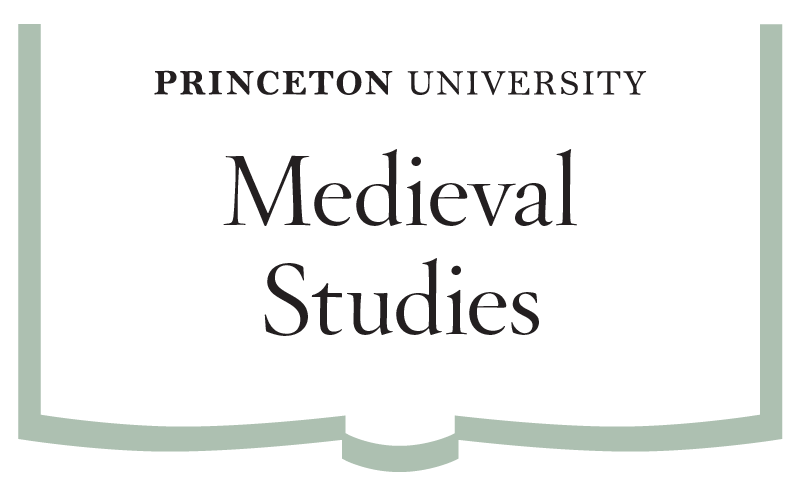2024 Princeton Medieval Studies Graduate Conference
October 26, 2024 | Louis A. Simpson International Building, Room A71
“Ordinary People, Everyday Lives: Exploring the Mundane in Late Antiquity and the Middle Ages”
Our perception of the pre-modern world is often shaped by the creative expressions of its contemporaries, such as literary works, decorative art, and imposing architecture designed to captivate attention. The practices and processes of everyday life, which have left less noticeable traces, can be harder to access, even though it is these ordinary and mundane acts that can profoundly increase our understanding of life before modernity. Building on Bourdieu’s thesis that habitus informs practical action and Wittgenstein’s emphasis on the need to ground human experience in everyday language, this graduate conference asks how our understanding of pre-modern societies and cultures changes if we remain faithful to what sources tell us of practices “on the ground.” As such, this conference focuses on the lived lives of ordinary people—among others, laborers, artisans, and lower clergy. We’ll explore themes of liminality and intersectionality, practicality and processes, customs and traditions, and more as they relate to the quotidian in the late antique and medieval world. How did the individual perceive and navigate the world around them? What is the nitty-gritty of everyday pre-modern life, and how do we know?
For the full program, visit the conference website.
Co-sponsored by the Program in Medieval Studies, the Center for Collaborative History, the Committee for the Study of Late Antiquity, the Program in the Ancient World, and the Departments of Art & Archaeology and Religion.
Thank you to graduate students Alice Morandy and Lucia Waldschuetz (History) for organizing this conference.
Previous conferences:
2022 Princeton Medieval & Early Modern Studies Graduate Conference
December 3, 2022 | Louis A. Simpson International Building, Room A71
“How did they learn? How did they teach?: Exploring Knowledge Transmission from Late Antiquity to the Early Modern”
For the full program, please visit the conference website.
Sponsored by the Program in Medieval Studies, the Committee on Renaissance and Early Modern Studies, the Department of Art and Archaeology, The Center for Collaborative History, the Seeger Center for Hellenic Studies, the Princeton Graduate School, the Program in History of Science, and The Delaware Valley Medieval Association.
Thank you to graduate students Sharifa Lookman, Mathilde Sauquet, and John White (Art & Archaeology) for organizing this conference.
2021 Princeton Medieval Studies Graduate Conference
March 6, 2021 | Zoom
“Reclaiming Losses: Recovery, Reconquest, and Restoration in the Middle Ages”
For the full program, visit the conference website.
Cosponsored by Art & Archaeology, English, French & Italian, German, Judaic Studies, Near Eastern Studies, Philosophy, Religion, Spanish & Portuguese, the Center for Collaborative History, the Center for the Study of Religion, the Committee for the Study of Late Antiquity, the Humanities Council, the Program in the Ancient World, and the Institute for International and Regional Studies.
Thank you to graduate students Eric Medawar and Rachel Gerber (History) for organizing this conference.












